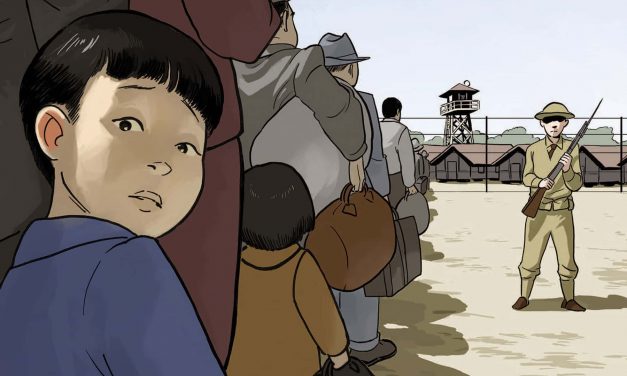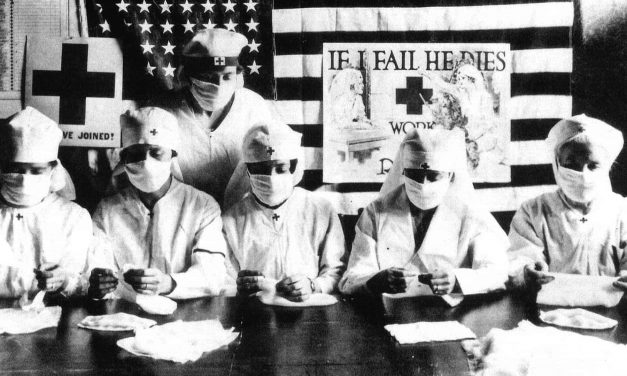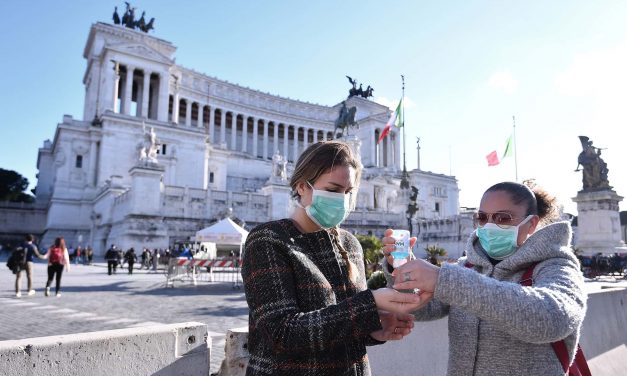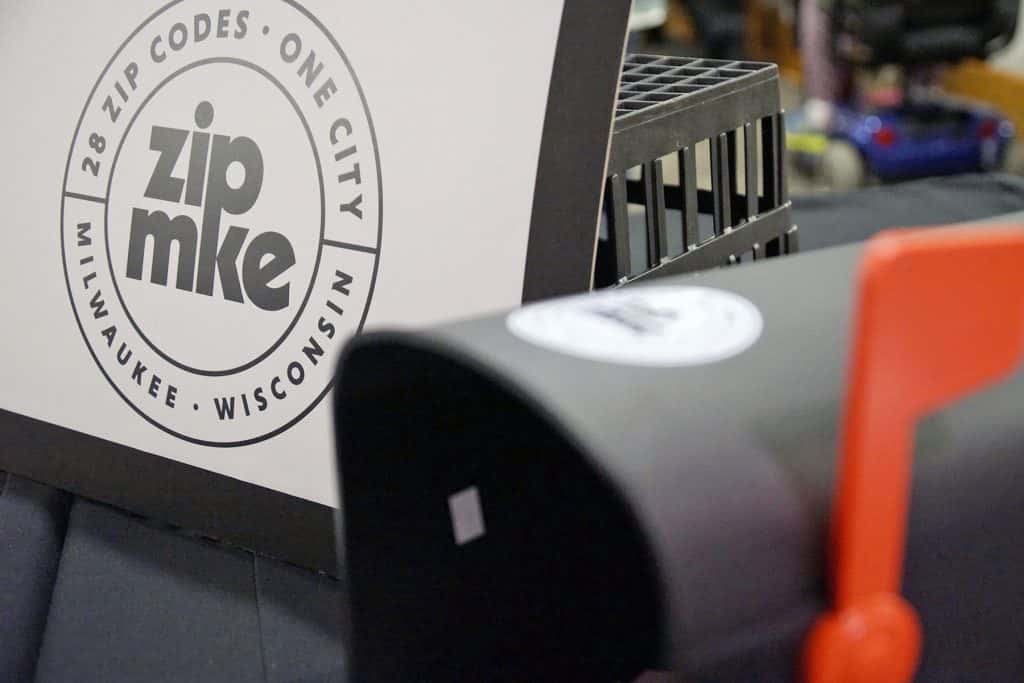They Called Us Enemy: Graphic novels teach youth about racism and social justice
By Karen W. Gavigan, Professor of Library and Information Science, University of South Carolina; and Kasey Garrison, Senior lecturer, Charles Sturt University Teen activists worldwide are making headlines for their social justice advocacy on everything from climate change and immigration to substance abuse and LGBTQ issues. As young people get more vocal about these issues, this trend is being reflected in the graphic novels they are reading. It is a relatively new genre. The term graphic novel first came about when cartoonist Will Eisner used the phrase to get publishers to recognize his 1978 work, “A Contract with God:...
Read More















